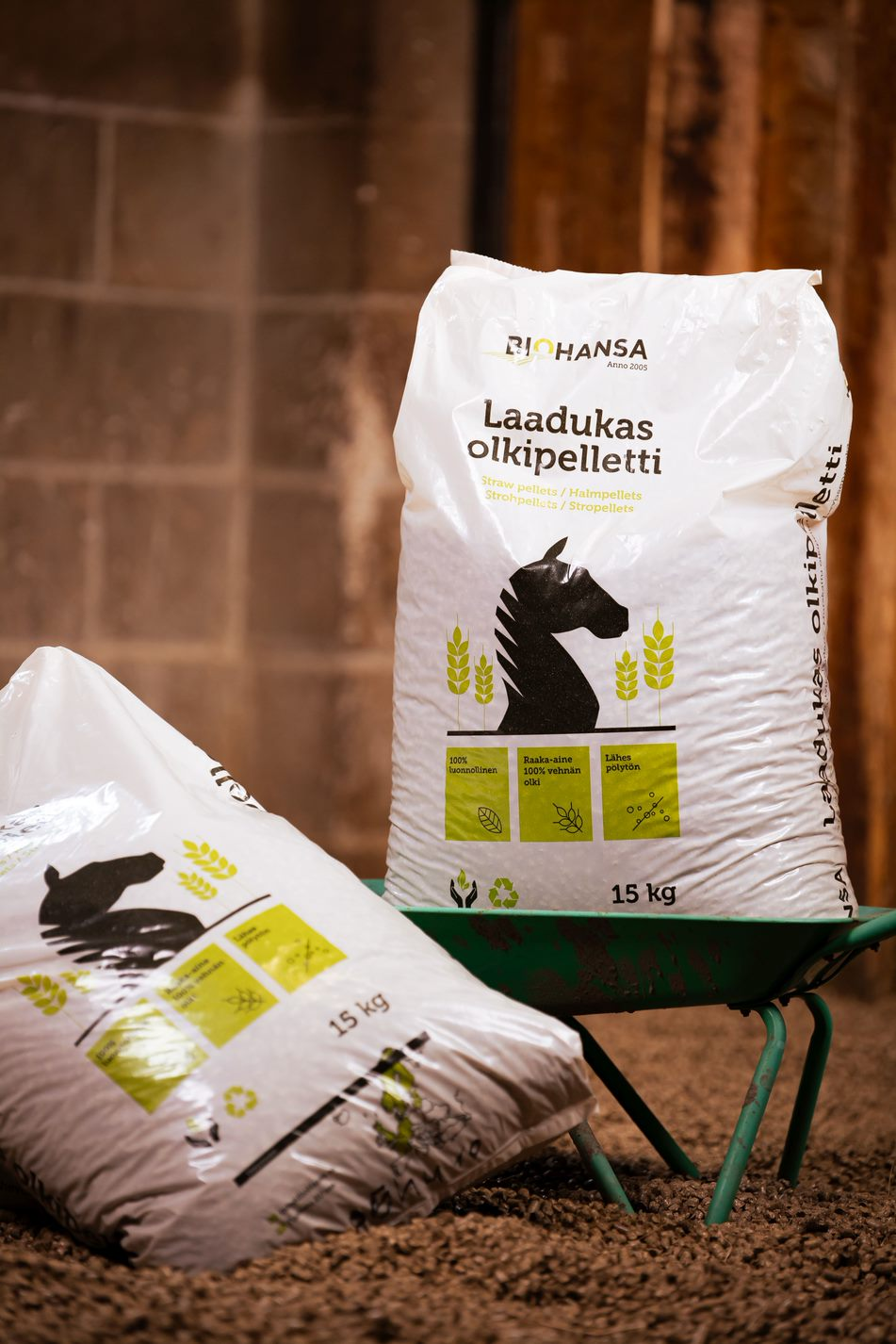Category_Uutiset ·
karkearehu ·
rehunkäyttö ·
rehut ·
ruokinta ·
ruokintasuunnitelma ·
ruuansulatus ·
The most common mistakes and problems in horse feeding
Proper nutrition is important for every horse's health and performance. It is a good idea to ensure a balanced diet, monitor fatness and make changes if necessary to ensure well-being.
Achieving perfect nutrition requires careful planning, monitoring, and adjustments to individual needs. Unless you are a long-time equine professional or horse owner, feeding issues can be challenging.
Especially if you have no previous experience with different feeds or their use in feeding, problems may arise. Without knowledge, it is not a good idea to feed a horse any feed, as it can lead to serious consequences. Instead, you should seek help from experts or study enough about what and when to feed a horse.
So what are the most common mistakes that can happen when it comes to feeding?






